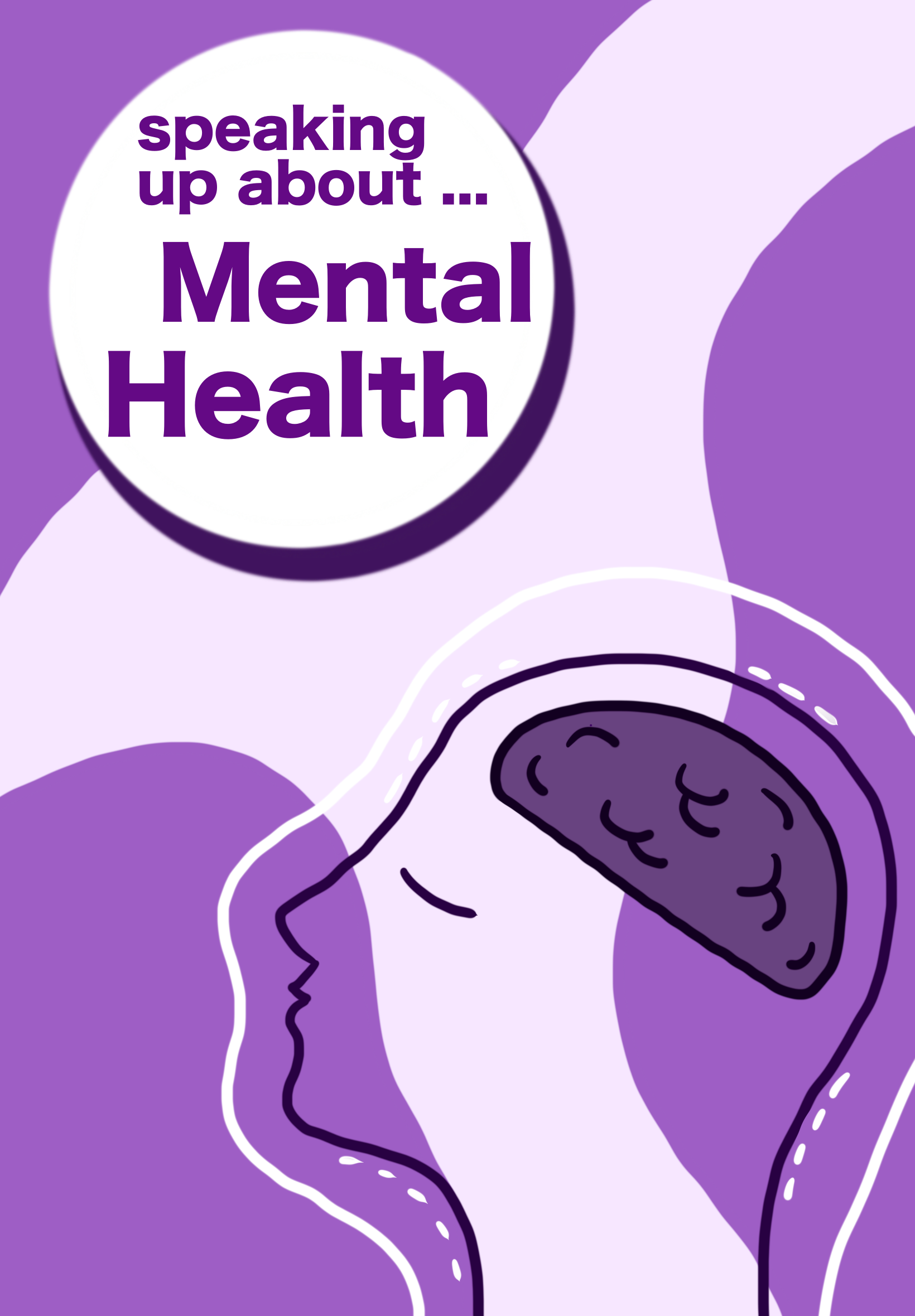Escrito por: Gretchen Sims | Redactora jefe
Escribir por diversión es algo en lo que muchos de nosotros hemos incursionado alguna vez en nuestras vidas; aunque, para la mayoría, esta afición puede haber muerto pronto. Sin embargo, como alguien que entró en la universidad con un amor por la forma escrita de la lengua inglesa, he tenido la experiencia única de ver la asfixia de la creatividad - mientras que incluso mi amor y pasión fueron drenados lentamente.
Aunque la escuela en sí puede ser agotadora, un fenómeno único de la enseñanza superior es la asfixia de la chispa creativa. Muchos estudiantes abandonan la universidad quemados y rechazan las prácticas creativas a las que antes se dedicaban con fervor.
No he visto mayor asfixia de la creatividad que en las clases de escritura creativa. Uno pensaría que es aquí donde se fomentaría o alimentaría la pasión de un estudiante por la escritura, pero esto no podría estar más lejos de la realidad.
Odio decir esto, pero es una observación sincera: los profesores, aunque son los expertos, piensan demasiado en sí mismos y en su trabajo. Descuidan el hecho de que cada estudiante tendrá su propio estilo y proceso de escritura. La escritura creativa debería ser precisamente eso, pero muchos profesores obligan a los estudiantes a ajustarse a su estilo específico de escritura, pasando por alto el hecho de que, tal vez, su estilo no sea el único.
Cada alumno aporta su propio contexto y sus experiencias únicas a la clase de escritura. Esto afecta a la forma en que abordan el proyecto y, lo que es más importante, da forma a su escritura. Los profesores también tienen su contexto y sus experiencias; sin embargo, el hecho de ir a una escuela de posgrado no hace que su contexto sea automáticamente más importante.
No he estado en una clase de escritura creativa en la que el profesor anime a los estudiantes, a través de sus acciones, a ser creativos con su escritura - todos los trabajos, si quieres hacerlo bien, tienen que estar escritos en el estilo y el método que el profesor, aunque a menudo no se diga, desea.
Esto es suficiente para matar incluso el amor por la escritura del estudiante más apasionado. Cuando los profesores encasillan a los estudiantes, estos se convierten en robots descerebrados que teclean en páginas sin vida: es un fenómeno que he visto con demasiada frecuencia.
Esto no es algo exclusivo del departamento de escritura occidental. Dondequiera que se enseñe arte, la creatividad tiende a ser arrancada de los estudiantes. Al poner una nota -nivel de valía- a una obra creativa, el estudiante obtiene una medida de "lo bueno" que es. Esto puede llevar a los estudiantes, que no se ajustan a la norma idealista del profesor de dicha forma de arte, a desanimarse y perder la pasión por lo que una vez amaron.
Póngase en contacto con el autor en howleditorinchief@wou.edu




